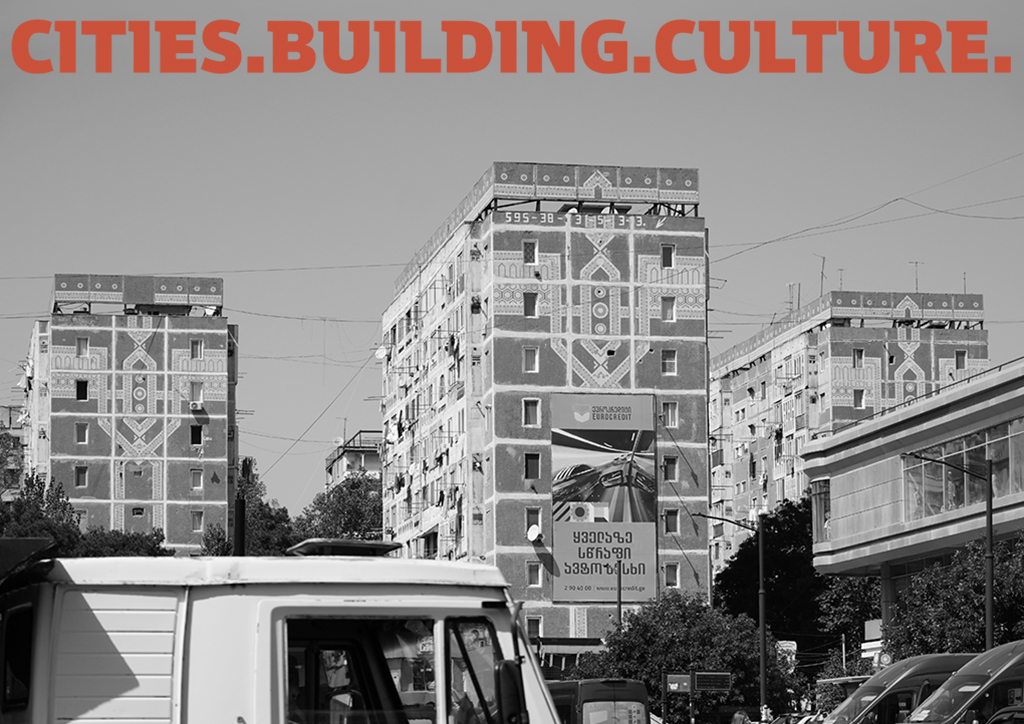
The topic of "residential heritage" in the post-Soviet context is at the core of the cbc project. The research has attempted at developing new approaches to the sustainable management of everyday built heritage, exploring the ways in which this legacy has been valorized, transformed, managed, and appropriated in the post-socialist period. The conference reflects on the findings and conclusions, while also looking for ways to develop further perspectives for analysis and action.
Find the flyer here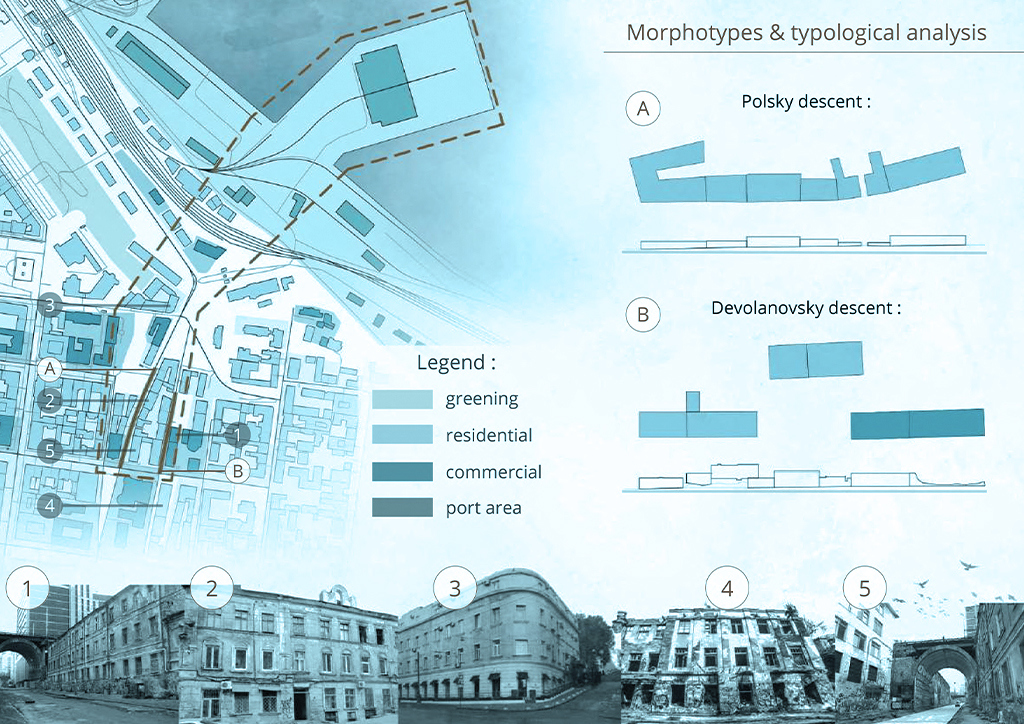
On April 14, the midterm reviews of the Remote Lab of Urban Planning "Built Heritage" took place. It is the second online lab that ISTB is conducting together with colleagues from our partner university, the Odessa State Academy of Engineering and Architecture, funded by the DAAD. This year, the online lab deals with architectural heritage and the questions of sustainable further development. Presented and discussed were maps of the seminar "Metropol.x_Lviv" and analyses and conceptional approaches of the design studio in Odessa. Thanks to all participants and especially to the students for their great engagement!
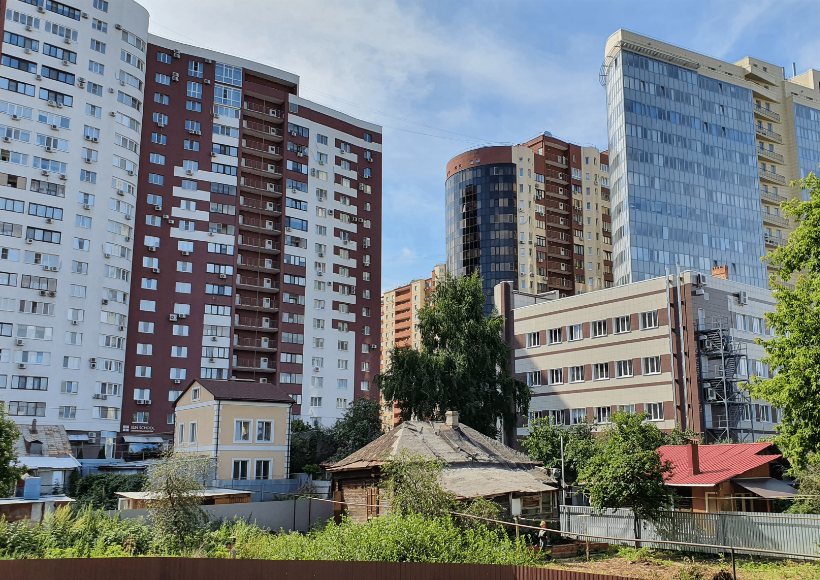
The collaborative research project between the Karlsruhe Institute of Technology (KIT), RWTH Aachen University, GWZO Leipzig and their Russian partners aims at developing new approaches to the sustainable management of cultural heritage in the post-Soviet space. The project takes the form of an international ...
Mehr...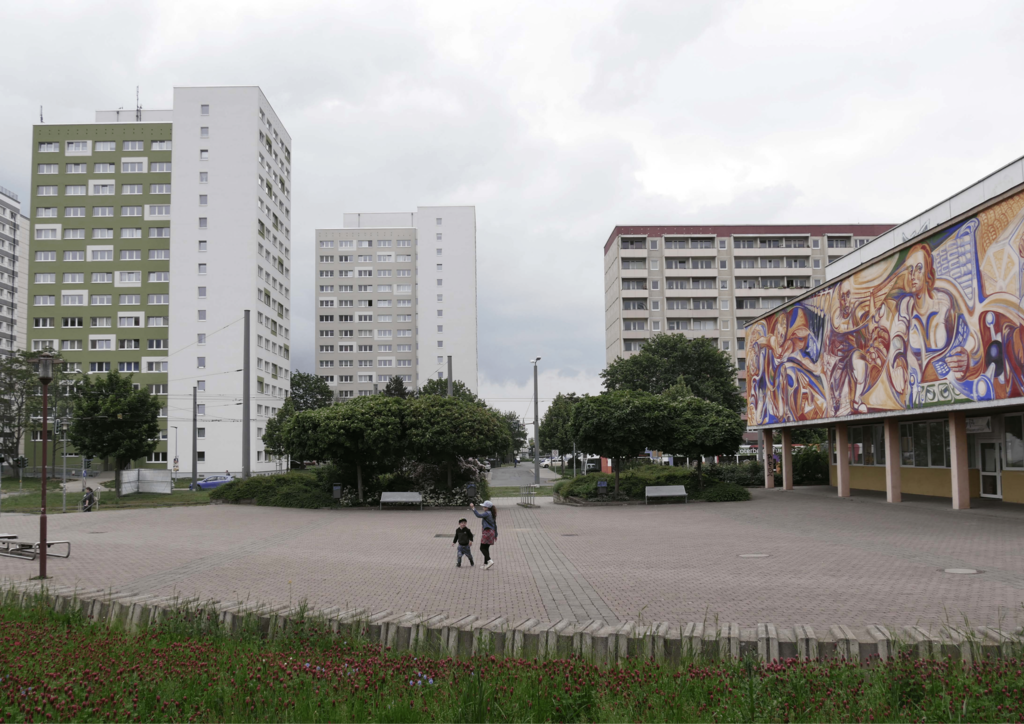
The core question dealt with by the project is how the existing living space in large housing estates can be secured for the future and further developed in a sustainable manner. The aim is to map out the spatial qualities and deficits of the housing estates - in terms of both the living space and the residential environment - in order ...
Mehr...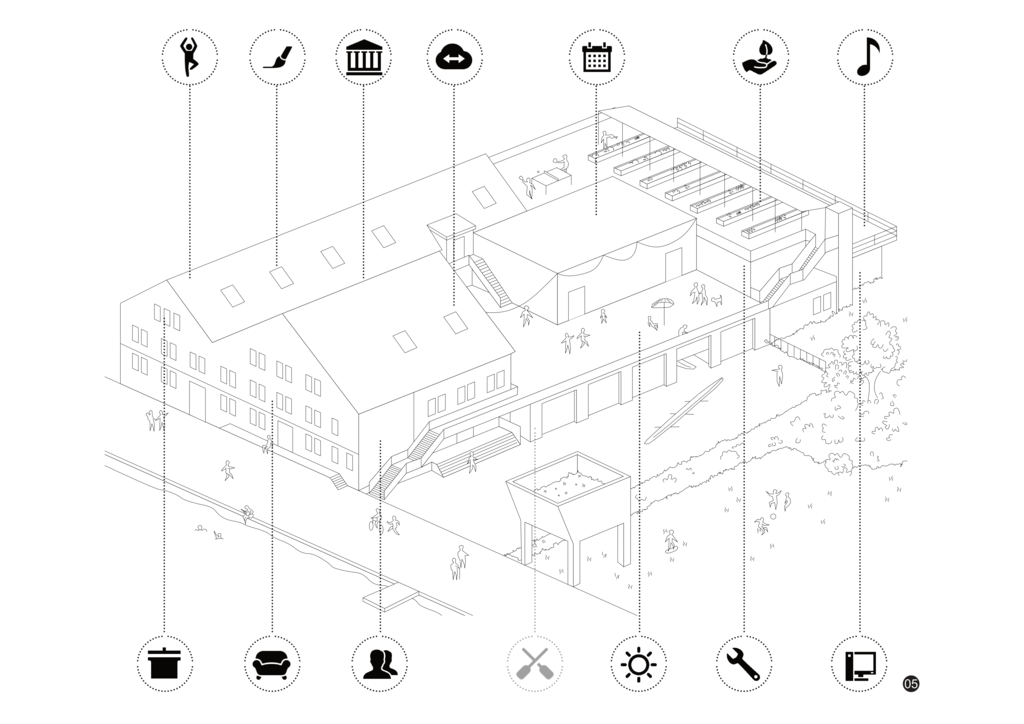
The transition from an industrial to a knowledge-based society is placing new spatial and design demands on cities. The knowledge-based society not only changes the requirements for educational and research facilities, but also the social infrastructure, mobility concepts, cultural offerings and public spaces must be adapted accordingly. ...
Mehr...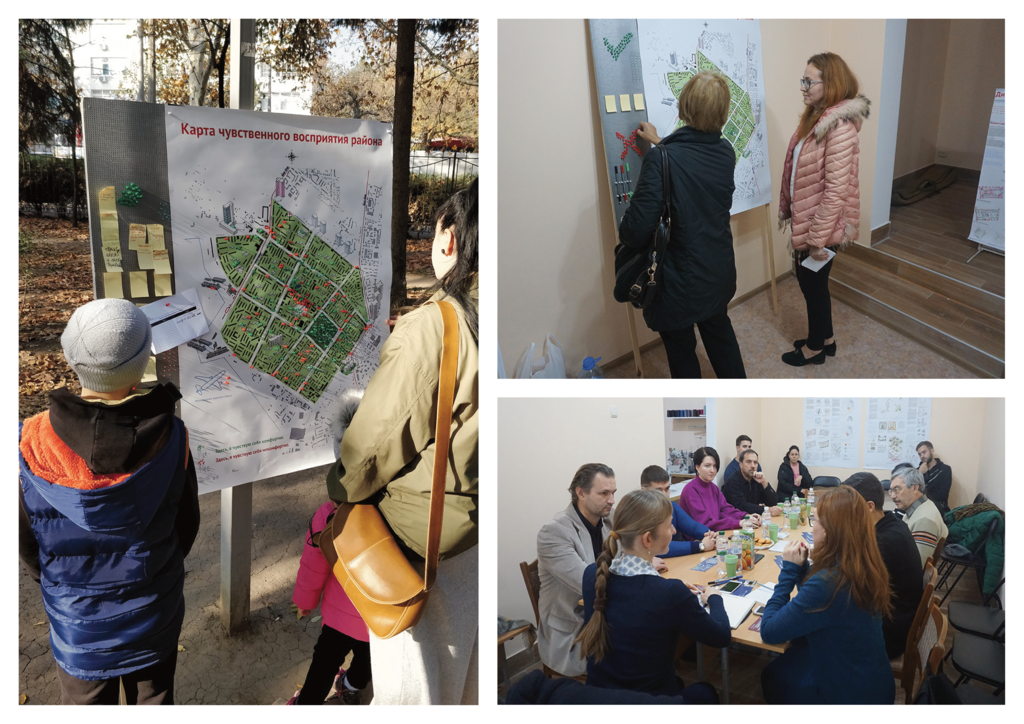
The aim of the project was to reflect on the results of the research project "Unloved Heritage 'Socialist City'?" with citizens and local stakeholders. A temporary neighborhood office was set up in the Cheryomushki housing estate in Odessa for a period of four weeks in autumn 2018. ...
Mehr...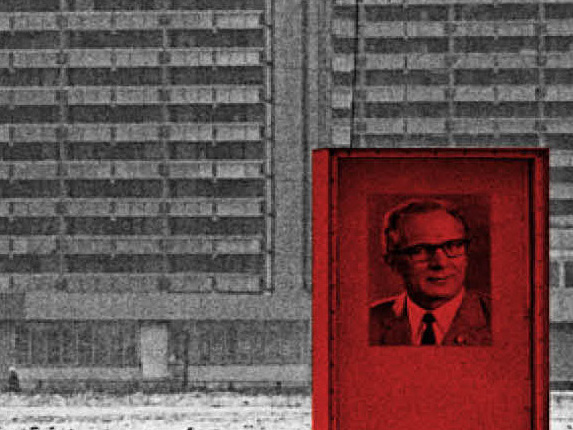
The objective of the trilateral project was to understand large housing estates from the 1960s and 1970s, in terms of their socio-political and cultural aspects as well as their current status.
Previously implemented concepts of transformation were analyzed, critically reflected in trilateral comparison, and brought into a wider context. Evaluation of individual experiences was aimed at generating an impetus for further urban development of these neighborhoods and for improving planning methods and strategies.
The trilateral perspective of exchanging different experiences gained from the transformation processes of the past decades was aimed at learning from one another. Looking at various case studies in Germany, Russia, and Ukraine, general planning principles were to be derived. In spite of different social, political, and economic backgrounds, there are many common issues, such as the dynamics of society and neighbourhoods, the treatment of heritage, demands for growing mobility, and others.

As part of the research project, funded by the Ministry of Science, Research and the Arts and the Ministry of Finance and Economics of the State of Baden-Württemberg, the possible effects of automated driving on urban space were investigated. The basic assumption of the study was that parking spaces no longer required for cars in both public and private spaces could be made available for other uses, thus generating added value for residents. Oststadt, a district that is typical in many respects and comparable with many other German and European cities, served as the study area.
Mehr...
In focus of the conference in 2014 was the situation of short-distance mobility in Irkutsk. How can strategies of public transport, pedestrian and bike traffic be developed and implemented? Are there best practices from other cities - in Russia and abroad - and how could they be adopted for the situation in the Siberian city? At the conference experts from Irkutsk, other Russian cities and from abroad discussed their different experiences.
Mehr...